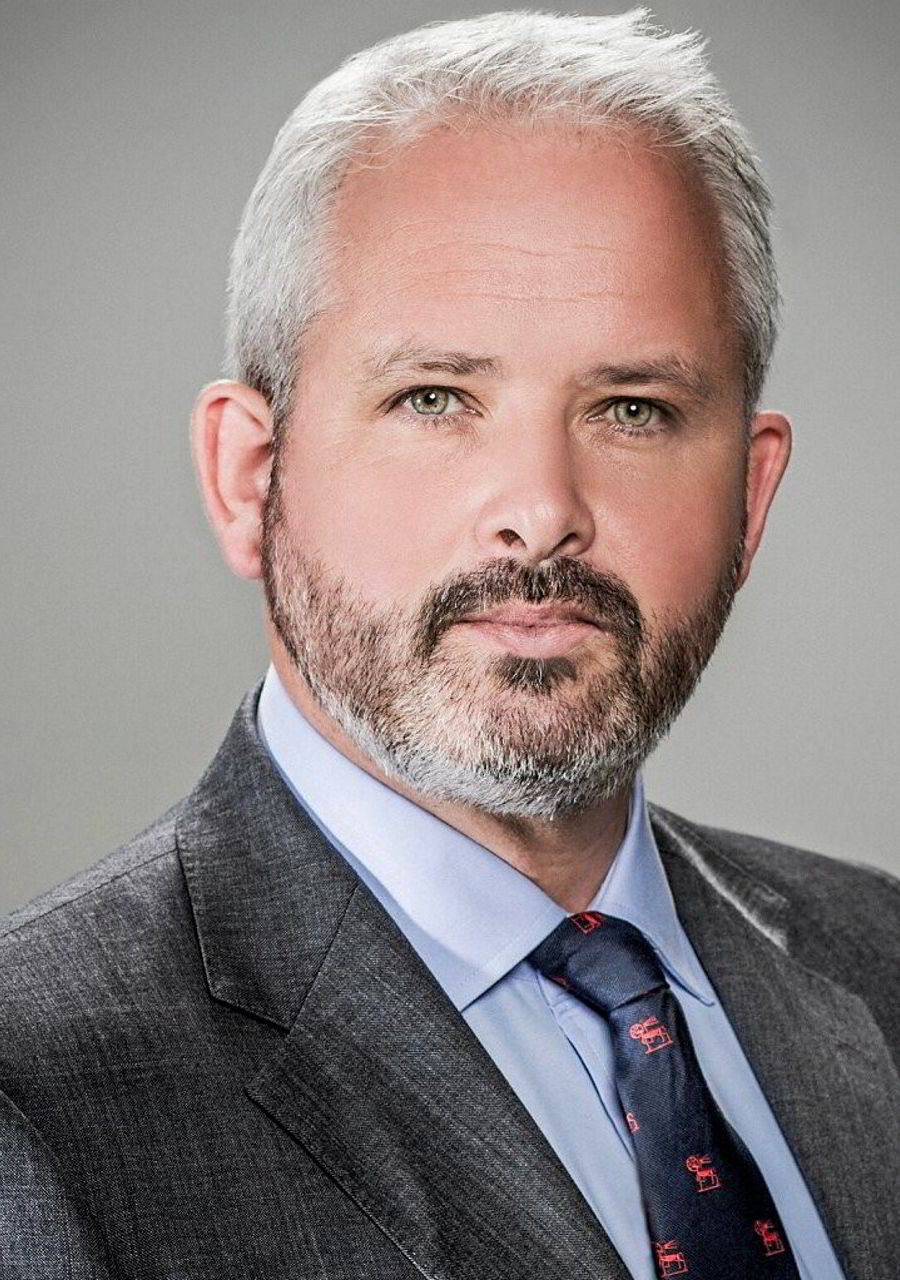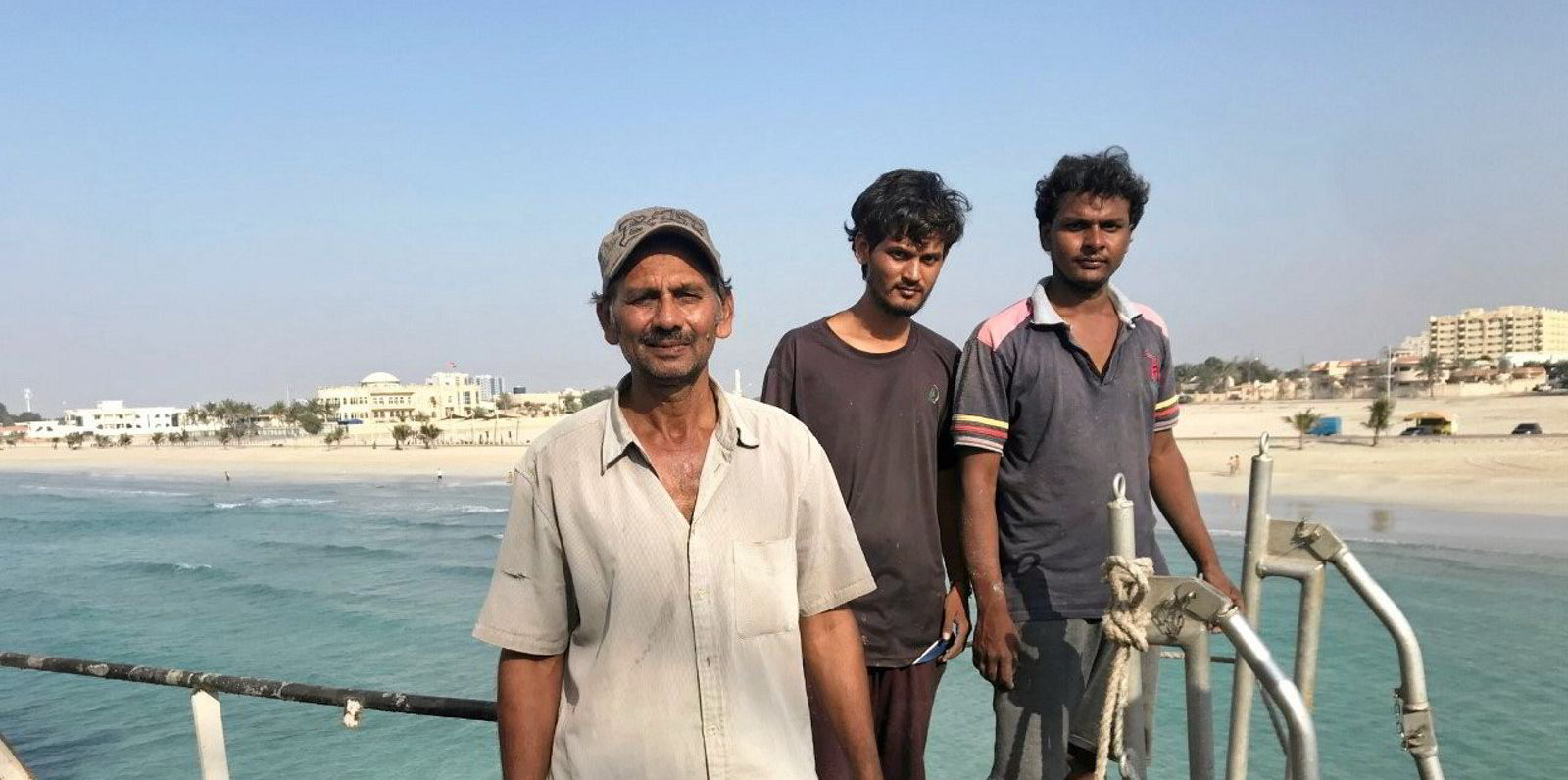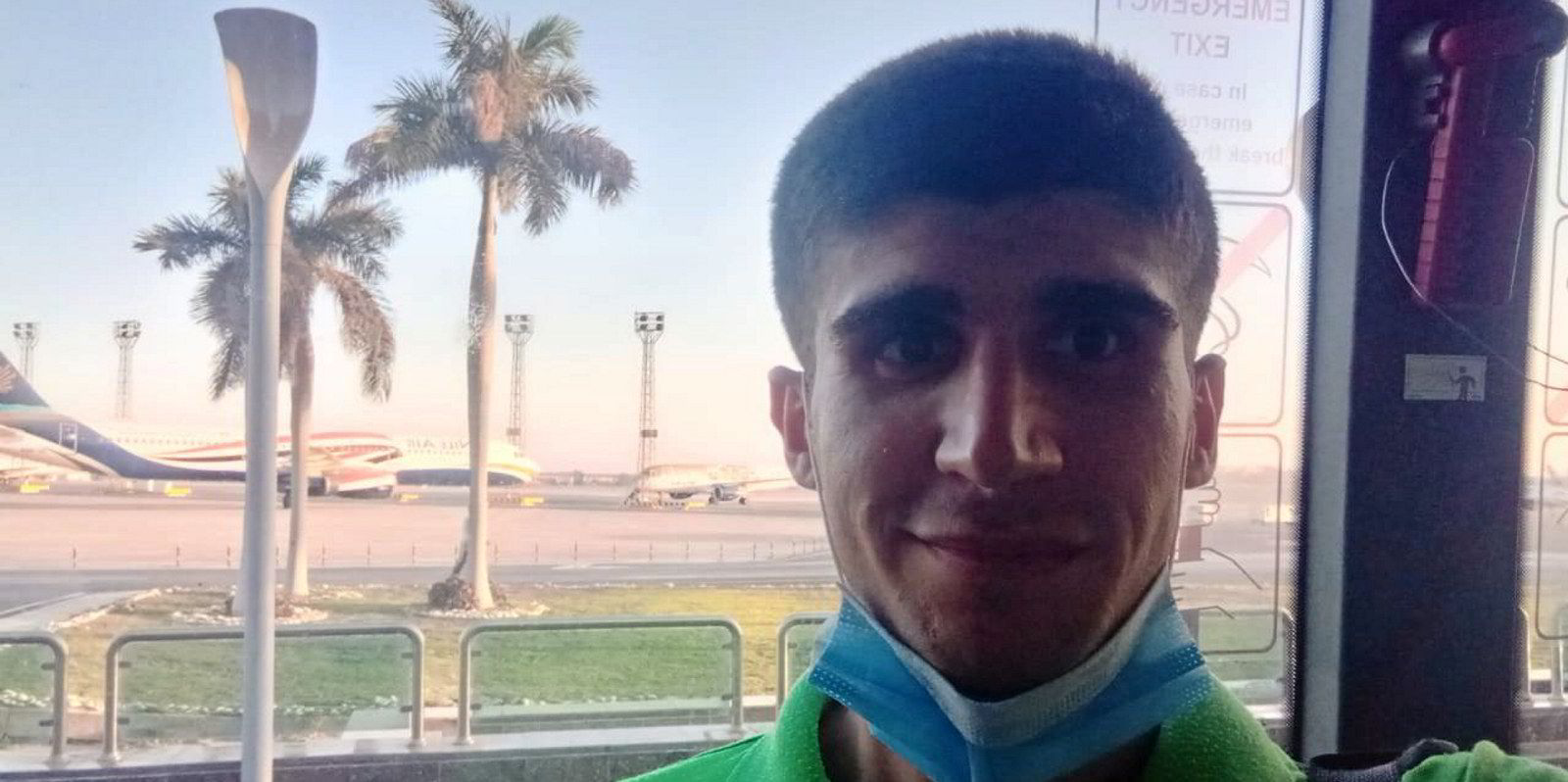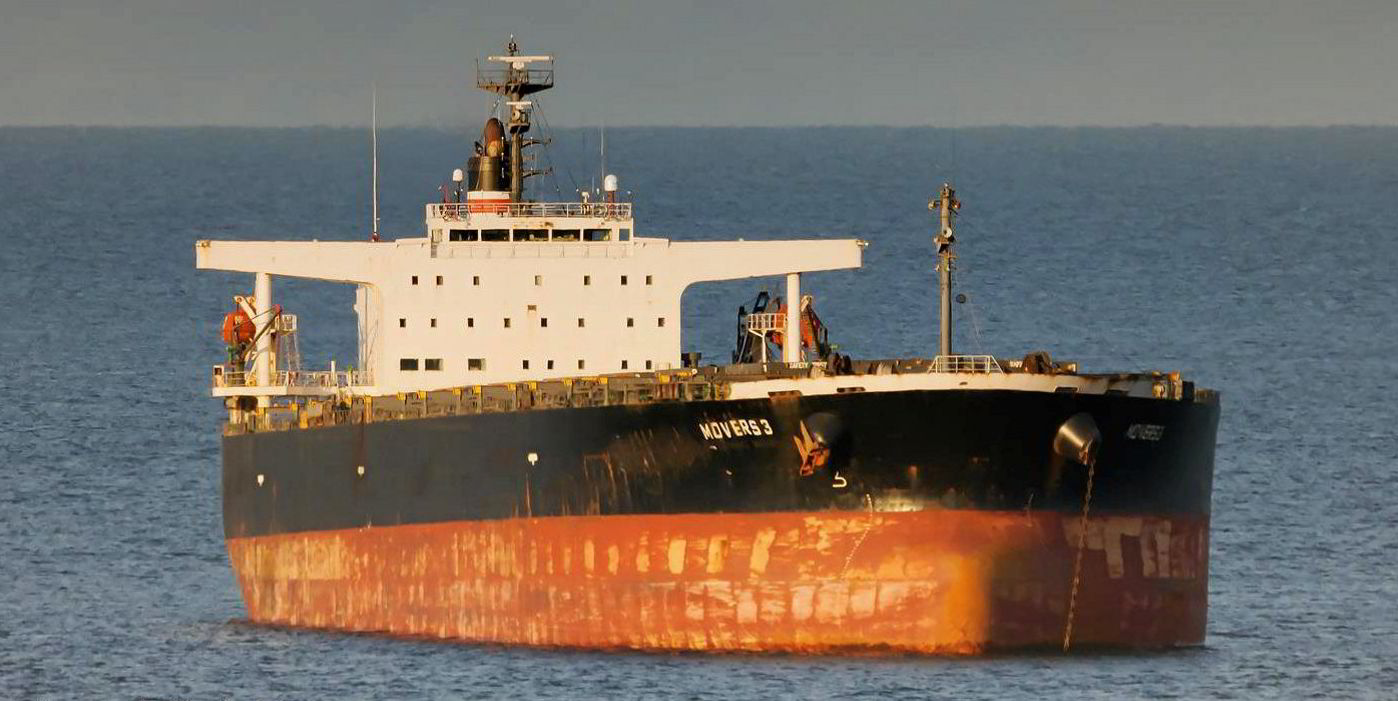UK charity Human Rights at Sea (HRAS) and law firm Reed Smith have put their heads together to come up with a new guide to help abandoned seafarers.
The partners say the global problem has increased over the past 12 months, with companies failing to pay wages or cover the cost of repatriation.
"This results in the crew often being left to live on board the vessels in inhumane conditions, with no food, clean water, medical help or financial support — sometimes for years," HRAS and Reed Smith said.
The International Labour Organization says there are now more than 250 active cases of abandonment around the world.
HRAS and Reed Smith have recently published a document containing context, background, information on crew members' legal position and current examples of cases.
The team has also produced a draft alert letter that seafarers can send to owners, operators, managers, flag states and port state control authorities.
The publication includes a comprehensive list of support organisations with current contact details.
Time given for free
The document has been legally reviewed by a pro-bono team of Reed Smith lawyers who volunteered a total of 272 hours.
HRAS chief executive David Hammond said: "Our charity is hugely grateful for the generous time, enthusiasm and commitment of the Reed Smith team in bringing together what is an informative, legally sound and very useful document primarily for seafarers as well as the wider maritime supply chain."
Reed Smith drew on expertise from its transport, restructuring and insolvency and global commercial disputes groups.
The focus was on the seafarers’ legal rights and how they might assert them, taking into account the typical difficulties and pressures facing them.

The law firm's admiralty manager Voirrey Blount, who is also an ex-seafarer, said: "Reed Smith will continue to support Human Rights at Sea on this extremely worthy cause."
"The amount of volunteers for this case was overwhelming, and all the lawyers on the team feel extremely passionately about this subject and relished the opportunity to try and make a difference for those who need it the most," he added.
Reed Smith's London-based team also comprised partner Jody Wood and associates Athina Douni, Adam Swierczewski, Hyun Woo Kang, Nick Wright and Katharina Schaub. as well as paralegal Eleni Pilaviou, trainee solicitors Katie Varney and Arabella Murrison, and summer student Maud Charles.
The lawyers looked at the financial implications of seafarer abandonment.
They found cases of wages owed for between three and 29 months, and even up to 32 months on the 7,000-dwt cargoship Iba (built 2008) in the United Arab Emirates.
When abandoned seafarers do assert their legal rights, fear of not being paid at all can induce them to agree to settle for less money than they may be contractually entitled to, the partners warned.
The Iba seafarers accepted 70% of what they were owed, which meant each gave up between five and 10 months of wages.
The ship had gone aground after breaking its anchor on 24 January.
On duty since 2017
Some crew members had not set foot on dry land since 2017.
A new buyer named as Shark Power Marine Services provided cheques worth $165,000 via the Mission to Seafarers charity.
A chief engineer from Myanmar and a Pakistani second engineer joined the ship in July 2017. Other seafarers from India went on board in 2018 and 2019.
"The practice of owners pressuring seafarers to give up large amounts of their wages is objectionable, unfair and must be brought to an end," HRAS and Reed Smith said.
The need to settle is also affected by the worry that families are not getting money to buy food, basic necessities and medical treatment.(Copyright)





